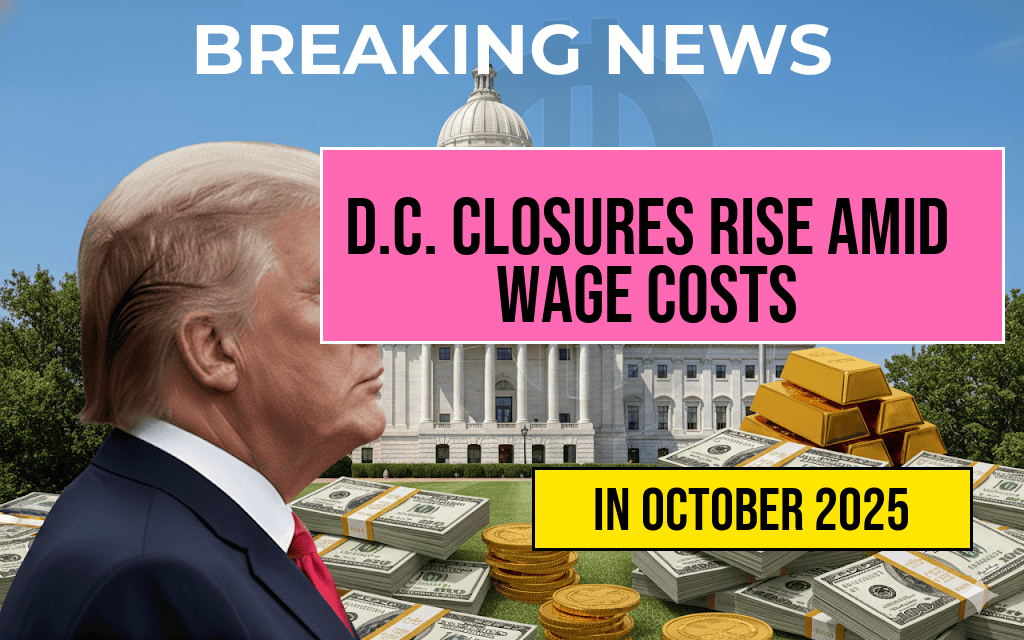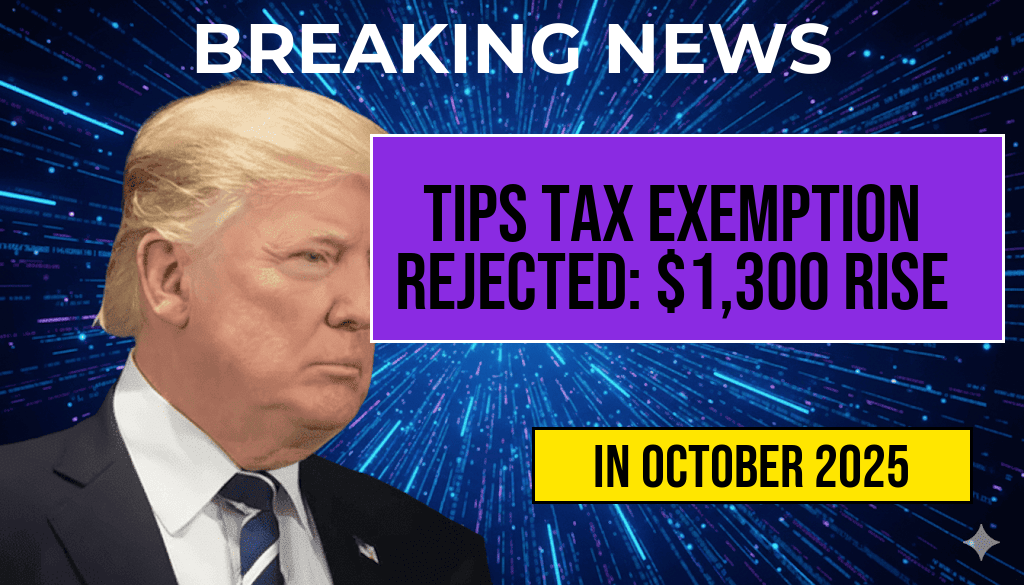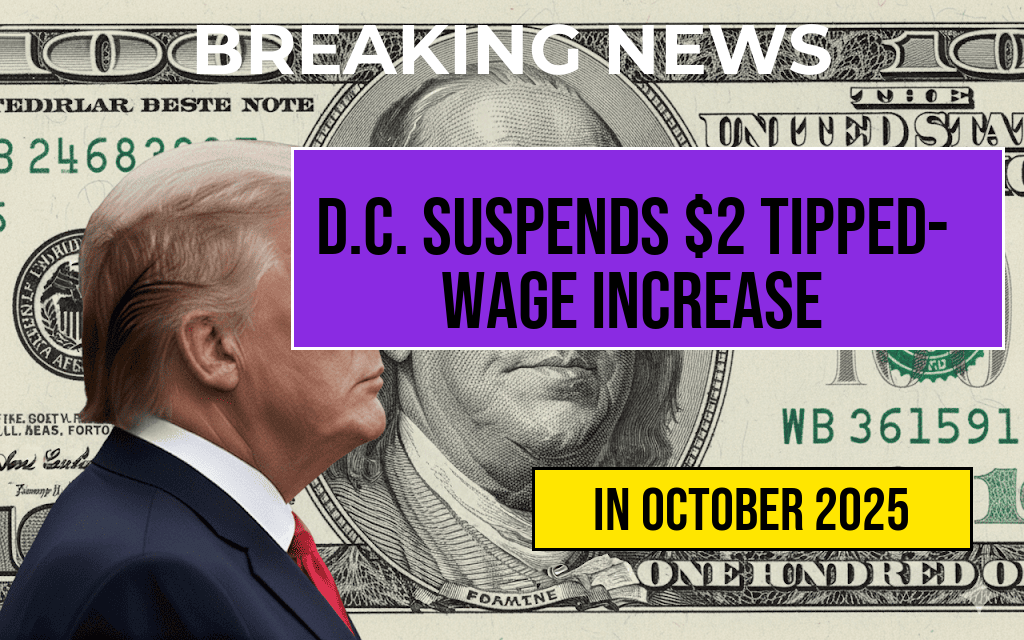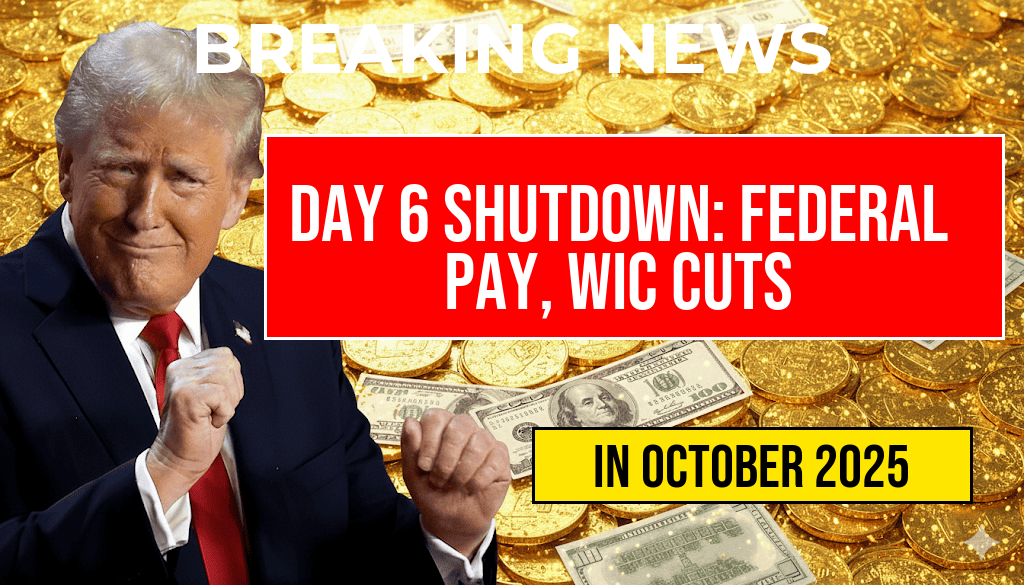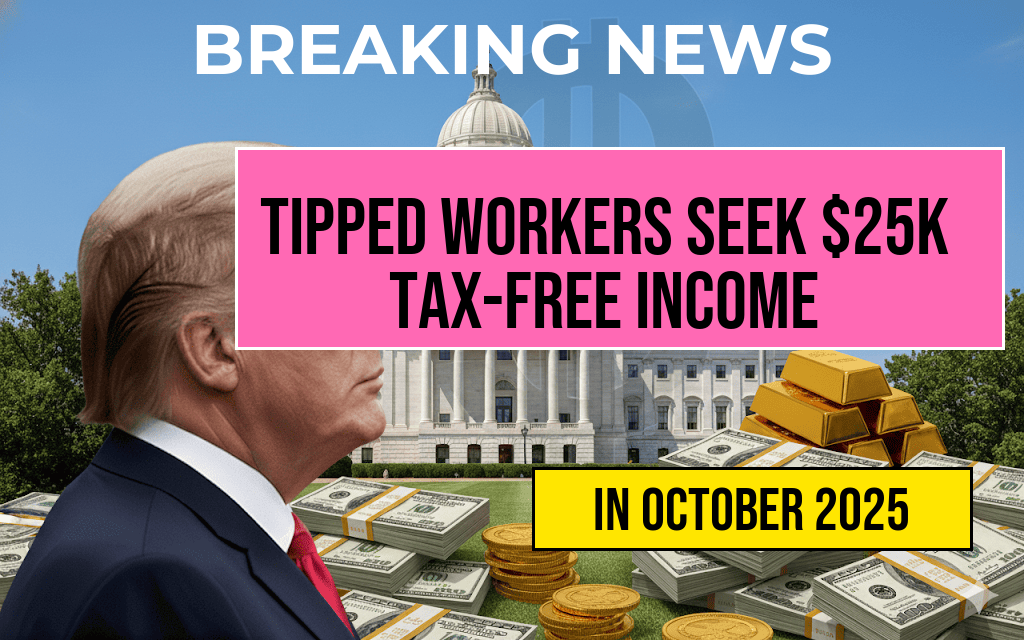Washington, D.C. suspends planned $2 tip-wage increase, potentially reducing annual earnings for servers by over $4,000
Washington, D.C. has paused a scheduled increase to its minimum tipped wage, a move that could significantly impact thousands of restaurant workers across the city. Originally set to rise by $2 over the next year, the increase was halted after recent legislative debates and budget considerations. As a result, many servers and bartenders face a potential annual income reduction of approximately $4,160, based on current wage estimates. The decision comes amid broader discussions about wage equity, cost of living, and economic recovery in the hospitality sector. Industry advocates warn that delaying the increase could exacerbate existing financial hardships for tipped employees, while opponents argue that the pause helps stabilize the city’s budget amidst ongoing fiscal challenges.
Background on D.C.’s Tipped Wage Policy
Washington, D.C., has been gradually phasing in increases to its tipped wage, which is distinct from the standard minimum wage. Historically, tipped workers rely heavily on gratuities, with their base wage often set well below the regular minimum. As of early 2023, the city’s tipped minimum was scheduled to increase from $6.00 to $8.00 per hour, aligning more closely with the federal tipped minimum standard and aiming to improve earnings stability for service industry staff. This move was part of a broader effort to address wage disparities and improve economic security for workers who predominantly earn through tips.
Legislative Action and Budget Considerations
However, recent legislative sessions resulted in the suspension of this scheduled increase. City officials cited budget constraints and the need to prioritize economic recovery efforts following pandemic-related disruptions. D.C. Council members debated whether raising the tipped wage would place undue pressure on small businesses already recovering from economic downturns. The decision to delay the increase was approved by a narrow margin, with some council members emphasizing the importance of supporting local businesses during uncertain times.
Economic Impact on Service Workers
According to industry estimates, tipped workers in Washington, D.C., typically earn around $16,000–$20,000 annually, with tips constituting a significant portion of their income. The suspension of the $2 wage increase effectively reduces potential earnings for servers by approximately $4,160 annually, assuming a standard 40-hour workweek and consistent tips. This reduction could influence workers’ ability to cover living expenses, including rent, transportation, and healthcare costs.
| Scenario | Annual Income Reduction |
|---|---|
| With scheduled $2 increase (from $6 to $8) | $4,160 |
| If the increase proceeds as planned | Potentially higher earnings for tipped workers |
| Current suspended plan | Maintains lower base wage, limiting income growth |
Industry Response and Broader Implications
Restaurant associations and hospitality groups have expressed concern that delaying the wage increase could hinder efforts to attract and retain staff. “Stable wages are crucial for workforce retention, especially in a competitive labor market,” said Emily Rodriguez, spokesperson for the Washington Hospitality Association. “While we understand fiscal constraints, the long-term health of the industry depends on fair compensation.” Conversely, some policymakers argue that temporarily holding back wage hikes can help prevent small businesses from facing additional financial burdens during a fragile recovery period.
Community and Worker Perspectives
Many tipped employees have voiced apprehension about the pause. Maria Lopez, a server at a downtown restaurant, shared, “Tips can vary greatly, and I rely on steady wages to pay rent. Delaying the increase makes it harder to plan financially.” Worker advocates emphasize that wage increases are vital for addressing income inequality and ensuring that service workers can afford a decent quality of life, especially as living costs continue to rise in the district.
Looking Ahead
City officials have indicated that the decision is temporary, with plans to revisit the wage increase in the upcoming fiscal year. Budget forecasts will be reassessed, and economic conditions monitored to determine the feasibility of resuming the wage hike. Stakeholders across the spectrum agree that balancing fiscal responsibility with fair compensation remains a key challenge for the district moving forward.
For additional context on wage policies and economic strategies, readers can explore wage laws in the U.S. and recent analyses from Forbes.
Frequently Asked Questions
What is the reason behind D.C. suspending the $2 tipped-wage increase?
The District of Columbia suspended the $2 tipped-wage increase due to concerns over economic impacts and to address ongoing budget considerations, which could affect the income stability of servers.
How much could servers potentially lose annually due to this wage increase suspension?
Servers could lose up to $4,160 annually compared to the original plan, which included the wage increase, impacting their overall earnings.
What was the original plan regarding the tipped-wage increase in D.C.?
The original plan proposed a $2 increase in the tipped wage, aimed at gradually raising the minimum earnings for servers and improving their wage stability.
How might this suspension affect servers and the local hospitality industry?
The suspension may result in lower earnings for servers and could potentially impact the hospitality industry by affecting worker retention and service quality.
Are there any future plans to revisit the tipped-wage increase in D.C.?
While the current suspension is in place, officials may revisit the wage increase in the future depending on economic conditions and budget priorities.


